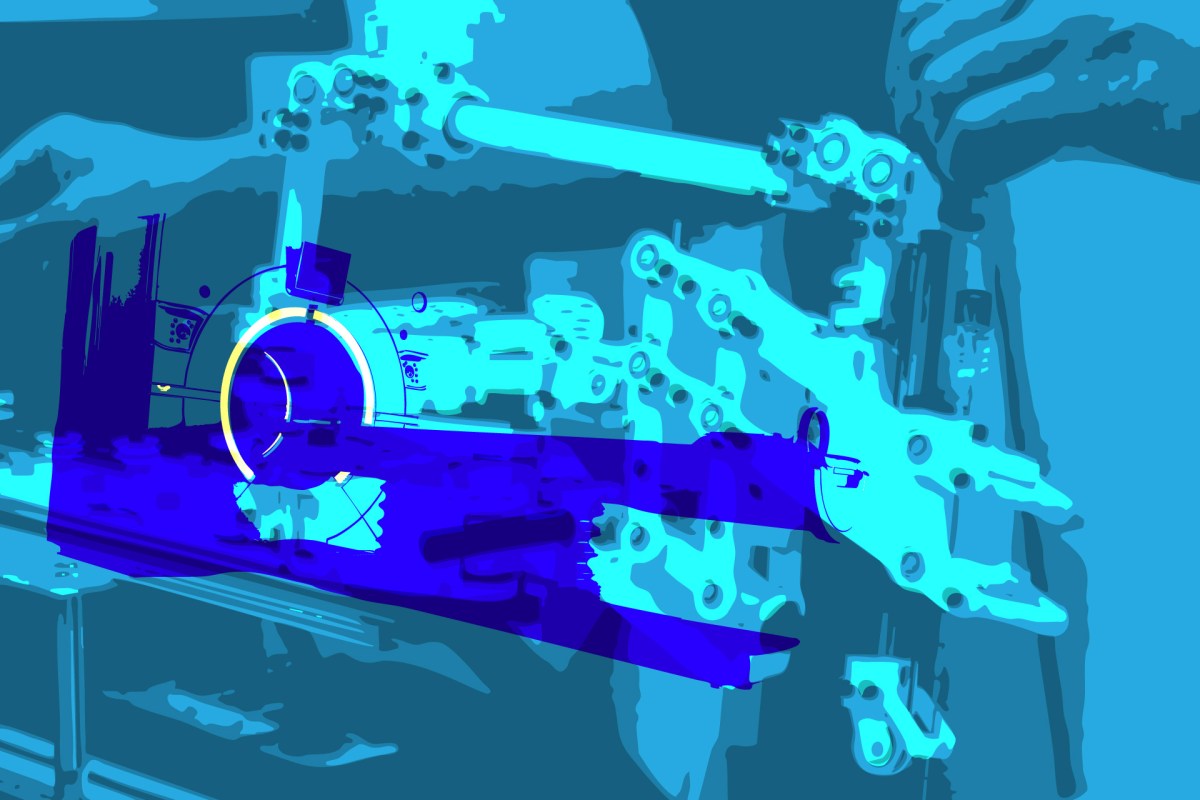MRIs are an indispensable tool for surgeons, though the technology certainly has its limitations. Take, for instance, surgeons using the machines to guide their procedures. The current process entails putting the patient into a machine to get an image, before pulling them out to advance a needle one centimeter at a time. It’s a time-consuming […]
© 2024 TechCrunch. All rights reserved. For personal use only.
MRIs are an indispensable tool for surgeons, though the technology certainly has its limitations. Take, for instance, surgeons using the machines to guide their procedures. The current process entails putting the patient into a machine to get an image, before pulling them out to advance a needle one centimeter at a time. It’s a time-consuming and frankly inefficient use of resources.
Boasting the tagline “Creating a new chapter in minimally invasive surgery,” Bay Area-based MDC believes the answer lies in robotics. While robotics undoubtedly represent the future of surgery, they present their own challenges in this application. After all, traditional robotics contain many elements that cannot operate inside an MRI.
The company pitched on the Startup Battlefield stage at TechCrunch Disrupt 2024.
MDC’s challenge, then, was creating a robotic system that could operate on a patient inside an MRI without relying on electric motors, rare earth metals and other elements that would inhibit the imaging machine’s operations.
The young startup’s work is built upon research conducted during founder and CEO Sam Frishman’s time at John Hopkins and Stanford. Frishman describes the solution as “high stiffness, low friction hydraulic transmissions and actuators.” The system is powered by water and tethered to the outside of the MRI through a tube.
“Our system has a few differentiators,” Frishman tells TechCrunch. “One is the ability to have really dexterous control directly by the physician. They’re controlling the needle, whether it’s positioning, advancing, actuating — it’s like they’re holding it in their hand.”
MDC is specifically targeting biopsies and ablations in its initial offering. The CEO says those minimally invasive procedures are just the start.
“Really, it’s enabling new capabilities that are beyond what is possible today,” says Frishman. “That’s where the digitization, the power assist, the guidance through AI and all of the data we gather, you start having beyond human capabilities added, though the physician is still fully in control and making all of the decisions.”
MDC is a recent graduate of SOSV’s HAX accelerator, and pitched onstage today as part of the Startup Battlefield at Disrupt. The firm has raised $1.2 million in pre-seed money.

Leave a Reply